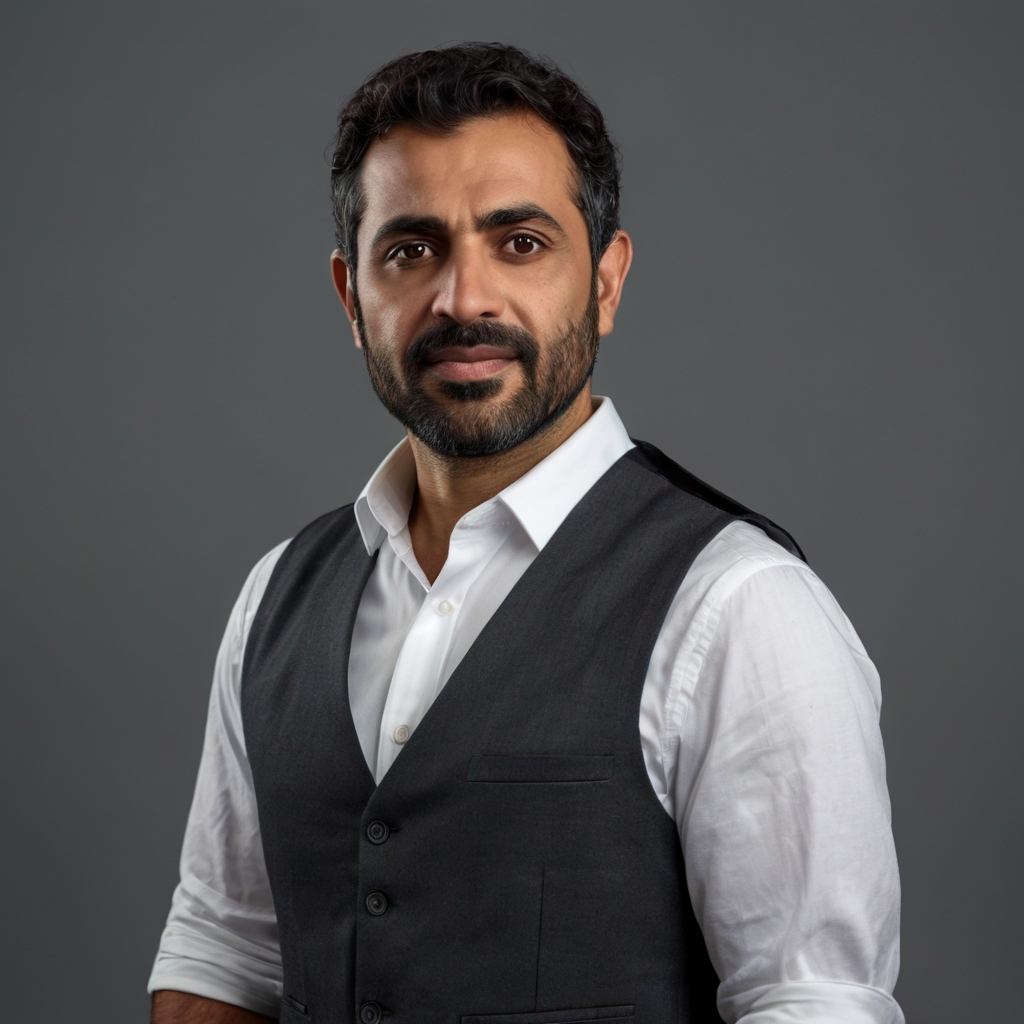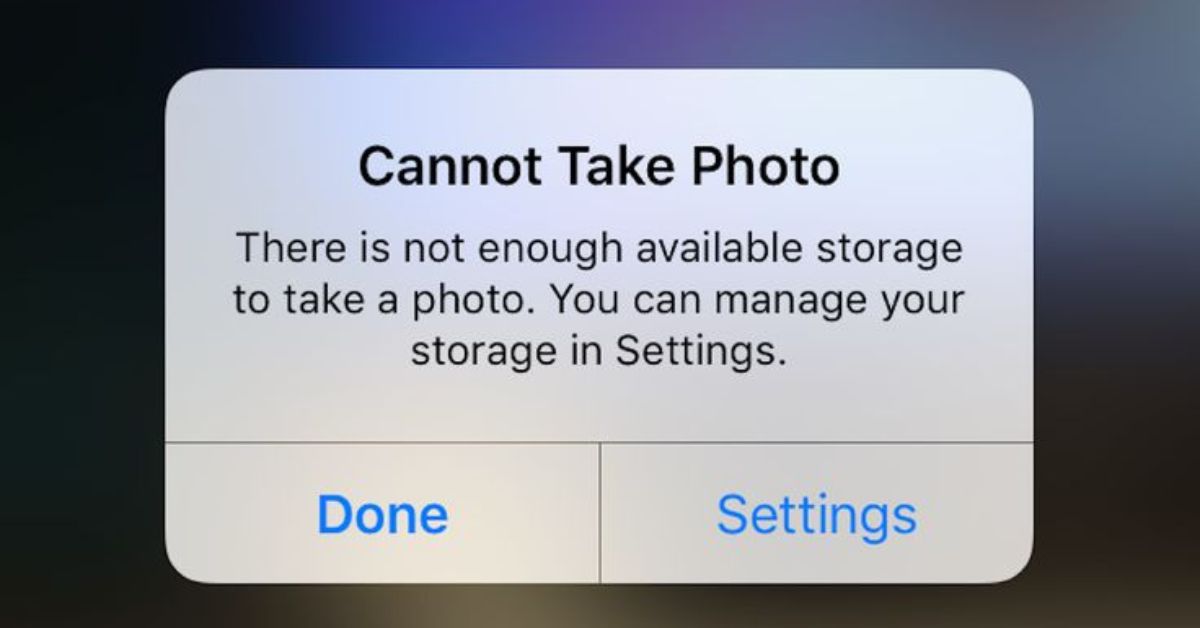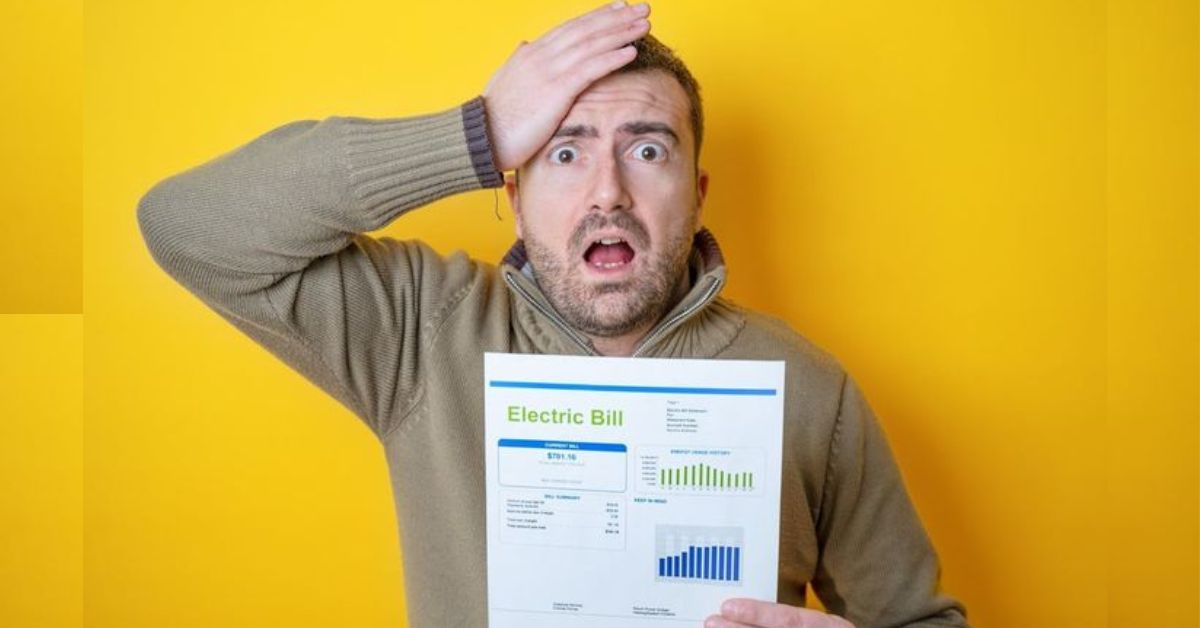President Donald Trump put pen to paper today, signing an executive order aimed at bolstering the U.S. supply chain for essential medicines. The move, announced at 2:00 PM EST on Thursday, August 14, 2025, from the White House briefing room, targets a longstanding concern about the nation’s reliance on foreign drugs. With a crowd of health officials and business leaders looking on, Trump framed the order as a step toward security and self-reliance, a theme he’s pushed since taking office. The signing marks a pivotal moment in his administration’s health policy agenda.
The order focuses on creating a “resilient” supply chain, a term Trump emphasized repeatedly during the event. It directs federal agencies to assess and reduce dependence on overseas producers, particularly in Asia, where much of the U.S. pharmaceutical supply originates. The president highlighted the need to bring production back home, citing past shortages during pandemics as a wake-up call. That said, specifics on funding or timelines were light, with officials promising more details in the coming weeks. For now, the emphasis is on kicking off the process with urgency.
This isn’t the first time Trump has tackled supply chain issues. Back in 2020, he issued similar directives during the COVID-19 crisis, though progress stalled amid legal and logistical hurdles. Today’s order builds on that effort, tasking the Department of Health and Human Services and the Department of Defense with leading the charge. In turn, it signals a renewed push to shore up domestic manufacturing, a priority Trump has tied to national security. The briefing room buzzed with nods of approval from industry reps, though some questions lingered about how fast this will move.
Here’s the breakdown:
- Trump signed the order on August 14, 2025.
- It aims to ensure a resilient supply chain for medicines.
- Federal agencies will assess and adjust production reliance.
The timing feels deliberate. With global supply chains still shaky from past disruptions, the order comes as a response to recent shortages of critical drugs like antibiotics and insulin. Trump pointed to a 2024 report showing 80% of U.S. generic drugs are made abroad, mostly in India and China, during his remarks. At the same time, Health and Human Services Secretary Robert Kadlec stood by, nodding as Trump outlined plans for incentives to bring factories stateside. The president even teased potential tax breaks, though no figures were locked in yet.
The order’s scope is broad. It calls for a 90-day review to map out vulnerabilities, followed by a strategy to boost U.S.-based production. Defense Secretary Lloyd Austin joined the event, noting the military’s stake in a steady medicine flow for troops. That connection underscores the national security angle Trump’s been hammering home. In a statement, he said, “We can’t rely on foreign nations for our life-saving drugs America must lead.” The room erupted in applause, but the real work lies ahead as agencies dig into the details.
Industry leaders were quick to react. Pfizer and Merck, both present, expressed support, with Pfizer’s CEO Albert Bourla hinting at plans to expand domestic facilities. Smaller firms, however, raised concerns about costs, a point Trump brushed off with a promise of “fair support.” For now, the order sets a framework, but implementation will test its teeth. Moving forward, the next few months will show whether this reshapes the pharmaceutical landscape or fades into policy limbo.
The White House has been laying the groundwork for weeks. Trump’s team briefed Congress on Tuesday, securing early backing from Republican lawmakers. European allies, watching from afar, have signaled interest in similar moves, though no joint efforts were announced today. In turn, this could spark a global ripple effect if other nations follow suit. The event wrapped with Trump posing for photos, a stack of signed documents in hand, as cameras clicked away.
This news comes straight from the White House briefing, a trusted beat for such announcements. The story’s just beginning, with plenty of chapters to come as the order takes shape. For now, it’s a bold step toward a more self sufficient U.S. medicine supply, and the nation’s watching to see what follows.
Author
-

Tyler Grayson brings global events to your screen with clarity, depth, and context. With a background in political science and international relations, Tyler covers diplomacy, global conflicts, climate issues, and major policy shifts with a balanced, facts-first approach. His reporting connects the dots between headlines and their real-world impact.







